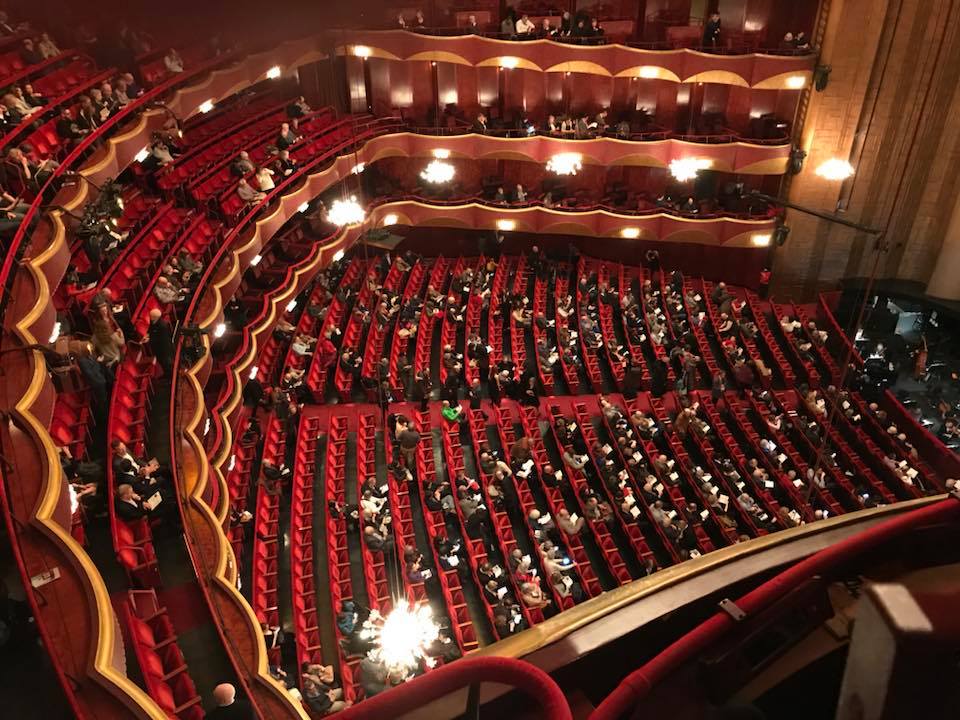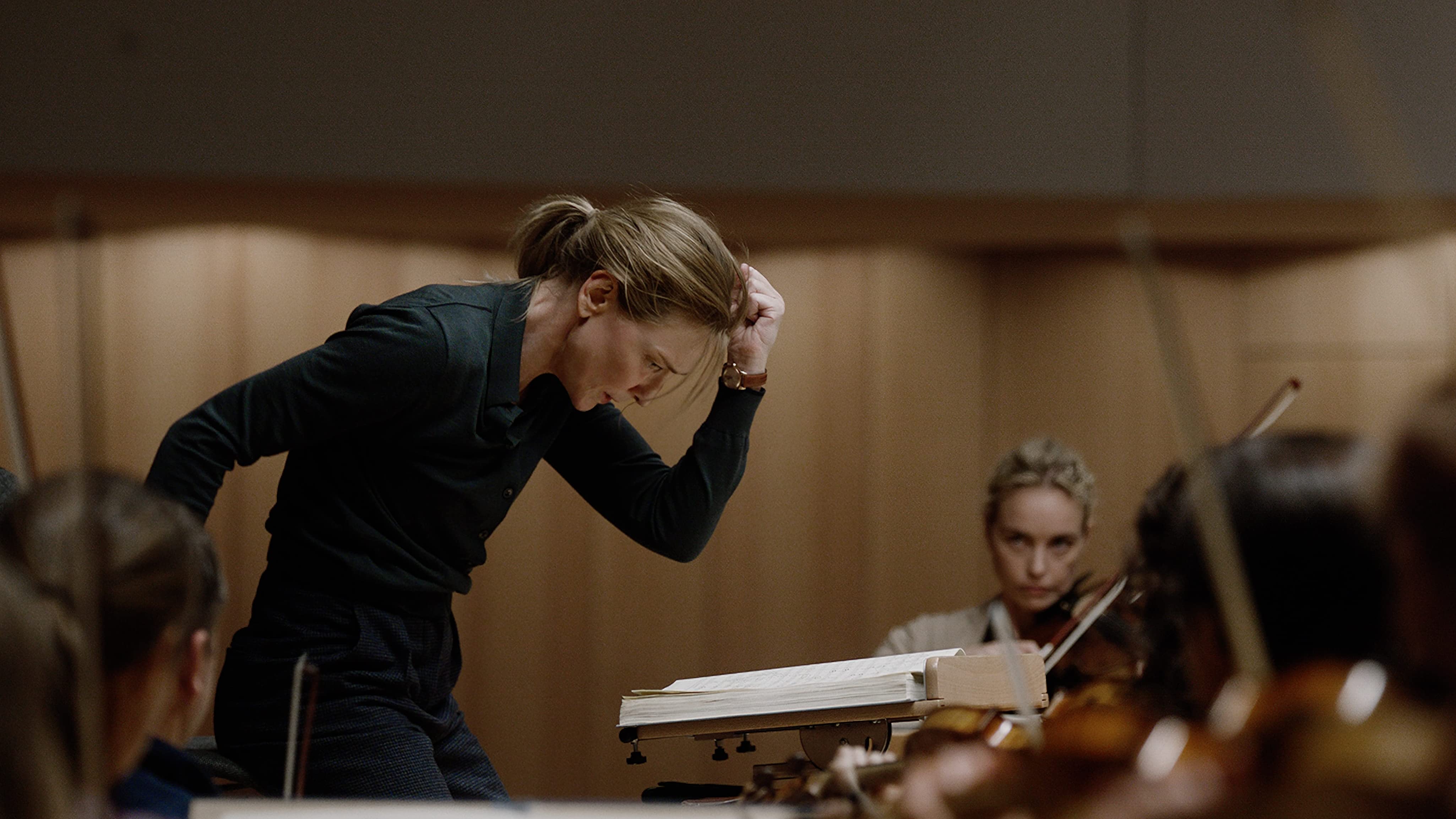The Met rules out distanced performances
mainFrom the NY Times:
The Metropolitan Opera, which ordinarily can hold nearly 4,000 people, says it would be able to seat an audience of 400 if it introduces social distancing, making its already delicate financial model untenable. ‘I can’t imagine any scenario in which performances can take place at the Met when social distancing is still a factor,’ said Peter Gelb, the opera’s general manager.
That’s fairly definitive.







Comments